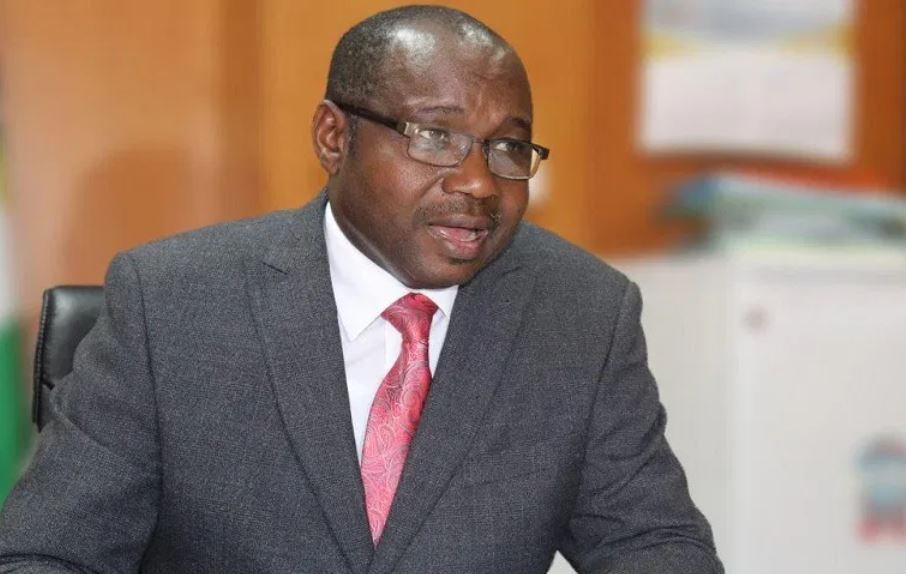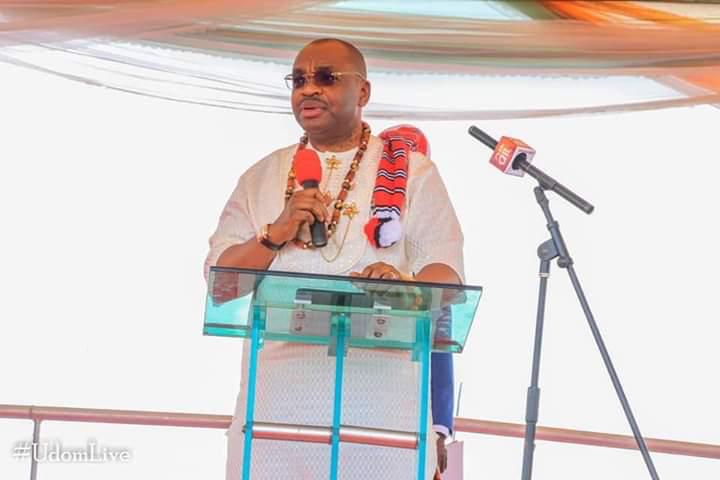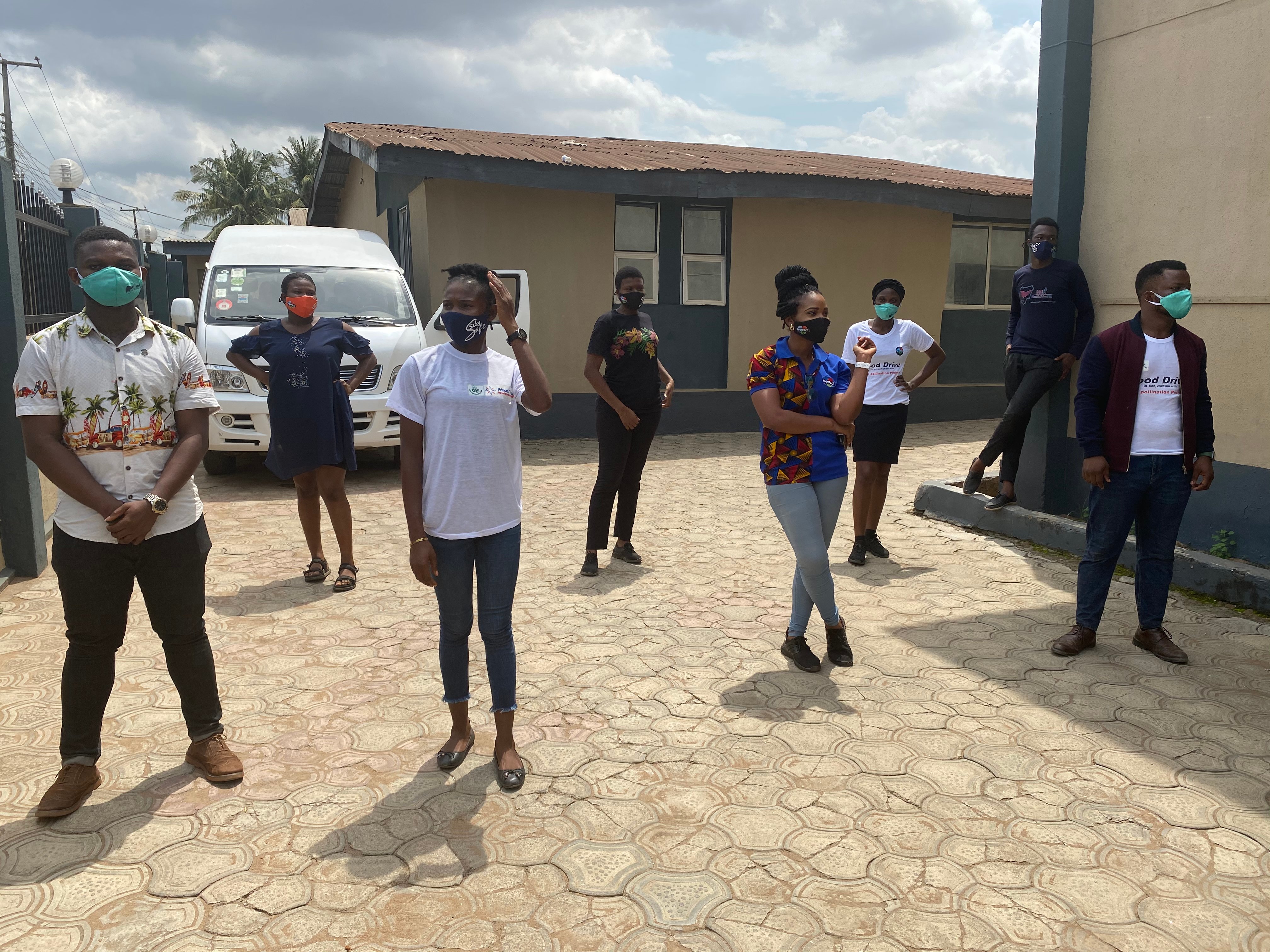BY BELLO SHEHU AND ZAAYYAD ABDULLAHI
The day was 25 April 1945; the resistance anthem Bella Ciao rang through the streets of Italy and the U.S. and Soviet troops had just met at the Elbe River, near Torgau, effectively cutting Germany in two and marking an important step towards the end of the Second World War.
Unaware of the arrangement between U.S. and UK delegates to ignore deliberation in the field of health at the conference for international organizations, Chinese diplomat Szeming Sze, backed by his Norwegian and Brazilian counterparts, called for the establishment of an international health organization. His call was answered, and 3 years later, the World Health Organization (WHO) was born. Had Dr. Szeming Sze heard of the agreement between the U.S. and UK delegates, he probably would have done them the courtesy of leaving the matter for another day. As fate had it, he did not, and the world did not have to wait for U.S. and UK to be ready or willing before establishing an international health watchdog to begin the fight against the threats posed by diseases across the globe at the time.
Since its creation, the WHO has gone on to serve humanity in various capacities. It played a leading role in the eradication of smallpox and the near-eradication of polio. Its current priorities are communicable diseases like ebola, malaria, HIV, and tuberculosis. It has also invested in the betterment of sexual and reproductive health, aging, nutrition, food security, clean water, occupational health, and substance abuse. Through resolution WHA11.54 in 1958, the WHO undertook initiatives to eradicate smallpox, which at the time had killed about 2 million people. The initiative included a disease surveillance method that helped tracked cases and reporting, and by 1972, smallpox had become the first disease to be eradicated by human effort. In 1967, the WHO launched the Special Program for Research and Training in Tropical Disease and the same year, it voted on a resolution to care for the disabled. In 1974, it expanded its program on immunization and began a partnership with the Food and Agriculture Organization, the United Nations Development Program, and the World Bank emphasizing the importance of nutrition in healthcare. Since then, the WHO has embarked on global health initiatives to improve public health such as Global Polio Eradication Initiative, Stop TB Partnership, and Health for All initiative.
The WHO has demonstrated the critical role it plays for global cooperation and security several times over. It has proven to be a goal-oriented international organization that pays little mind to the whims of member states and such a noble mission must be protected from countries that may seek to undermine the WHO for their political gains. According to a popular African proverb, “when elephants fight, it is the grass that suffers”. Other member states especially among developing countries, must wrestle the WHO from under the vested interests of China and the U.S. to avoid suffering the fate of the grass. This article does not seek to justify any action by China or the U.S.; rather it strives to save the WHO from destruction by their actions.
Advertisement
The structure and functions of the WHO is clearly stated in its constitution, which U.S. President Donald Trump has completely ignored in his decision to withdraw funding over the handling of the COVID-19 pandemic. With its headquarters located in Geneva, the WHO has six regional offices that operate semi-autonomously. The WHO operates at the invitation of host member states and mostly plays advisory roles. What this means is that the WHO is helpless if China – a country famous for its lack of transparency – does not request its participation from the onset to contain the virus. Moreover, the organization does not make unilateral decisions as it is answerable to the World Health Assembly, a forum made of delegates from all member states charged with setting the policies of the organization. Therefore, the power Trump assumes WHO chief, Tedros Adhanom wields when he singles him out for blame is grossly exaggerated. When the WHO is finally requested to operate in a country, it has its operational mechanism that must be followed. The WHO cannot declare an outbreak a pandemic until its researchers agree that it is. Perhaps an example that will better illustrate this to President Trump is how Americans kept calling for a ban on incoming flights at the peak of the infection in China, yet it took several weeks for the U.S. government to put one in place. This is as a result of the bureaucracy that must take place for such action to take effect. Governments need to speak with security agencies, foreign offices, Customs, aviation agencies, and the private sector before taking any drastic steps.
This bureaucracy alone can take weeks. Trump is ignoring all this when he accuses the WHO of being too credulous in believing China’s declarations about the virus. To put it simply, the WHO can only work with what it is given and cannot give what it does not have. For the organization to perform as effectively as Trump demands, it must enjoy certain powers that Trump himself does not agree to. Trump rejects the expansion and influence of international governmental organizations as he has attempted several times to roll back the commitments of the U.S. in strengthening IGOs. He has pulled out of several treaties and bilateral agreements in effect of the aforementioned.
As an African, whether or not you believe Trump is trying to deflect blame for his own administration’s slow response to the pandemic is immaterial. What is material is that as the world’s major beneficiaries of WHO initiatives, Africans cannot sit idly and watch its essence chipped away as a result of superpower politicking. That the WHO is not functioning well is not an argument for discarding it, rather one of reforming it. While President Trump vaguely calls for “major and substantive improvements” in his angry-worded letter, he did not indicate whether he would support the increased powers the WHO needs to be able to act “aggressively”. It is reassuring to see that the bandwagon effect Trump attempted to initiate with his letter fell flat, with member states instead rallying behind the WHO and calling for a global show of solidarity at these dire times. President Xi Jinping even went a step further than verbal support to pledge $2 billion in funding over 2 years, evidently signaling China’s willingness to fill any vacuum left by the U.S.
The solution lies not in pointing fingers but in cooperation and improvement of operational mechanisms, a point that was echoed by the European Commission spokeswoman, Virginie Battu-Henriksson at the World Health Assembly last Monday. In the past we have seen the dangers posed by lack of cooperation such as during the cholera outbreak of 1830-1847.
Advertisement
Despite several international conferences held, very little was achieved as a result of lack of cooperation among participating nation-states.
The WHO has changed this by improving cooperation among member states in disease prevention and control. The WHO is modelled after the UN, if Trump is unhappy with how the system works, he may now begin to understand how Africans feel about no African nation occupying a permanent seat at the Security Council.
Shehu and Abdullahi tweet at @bellorian, @zvyyvd
Advertisement
Add a comment





